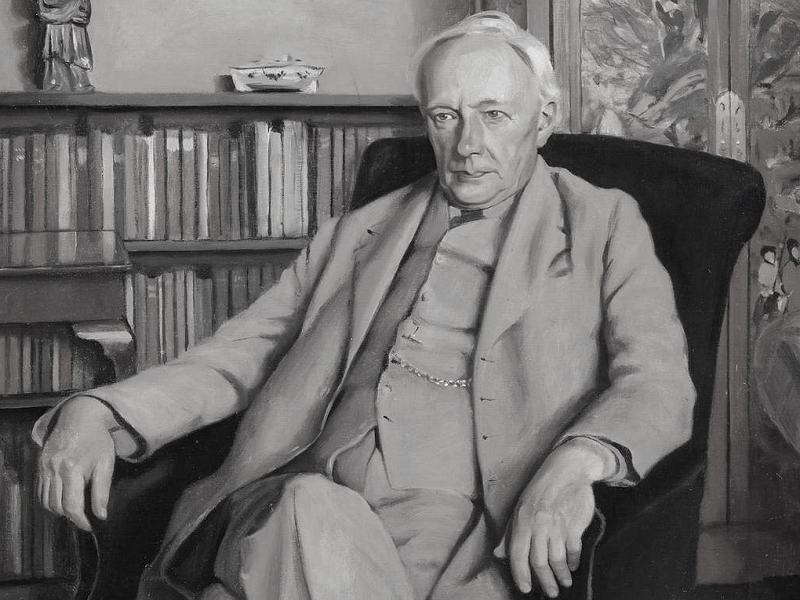
Do you have a headache from the wise advices and guidance? Philosophers have been through this too. 120 years ago, George Moore said “enough!” to a lifeless speculation.
At the end of the 19th century, being a philosopher was quite an art. The prevailing idealism at universities assumed that the whole world around us could only be a product of the mind, not an objectively existing reality. Slogans such as “time does not exist in reality” or “to be, is to be perceived” were not at all wisdoms from a teenager’s diary, but theses seriously discussed at universities.
It is a bit like many modern industries, where theoreticians themselves no longer know what they really do, and the attempt to explore what they have to say exceeds the cognitive capabilities of a normal person.
George Moore was also initially fascinated by this philosophy. But over time he began to ask: how is it that everything that is preached by wise heads in academies is completely out of line with the average person’s sense of common sense?
It was common sense that was the starting point of his philosophy. When the academics were arguing fiercely about whether objects in the outside world really exist, whether they are creations of our minds (or something in between), Moore made a famous lecture about the existence of his hand: he lifted it up and waved to the audience.
Common sense was, according to the English philosopher, the best weapon against the absurdities of idealistic philosophy. It is also useful in everyday life. Not necessarily as an opposition to an academic theory, but simply as a catch-all for errors. If, according to the complicated pricing formulas, it comes out that the prices should be 3 times cheaper, then either we have a giant bubble, or… the formulas or their users are mistaken. And most often t is the users, than the great crash on the stock market.
In Moore’s opinion, compliance with common sense was a basic condition for considering a philosophy to make sense. Moreover, it is precisely the analysis of claims (scientific, colloquial, etc.) from the point of view of common sense that philosophy should deal with.
Of course, Moore doesn’t claim that a complicated theory is worthless. On the contrary, he was a great supporter of it. But only on the condition that the theory can be broken down into the first factors according to common sense. If such a decomposition is not possible, the theory does not make sense.
Nowadays, various “developmental trainings” are a plague, which bring nothing practical at all. “Overcoming one’s own borders”, “going out of the comfort zone”, etc., is a great analogy to the philosophical gibberish that Moore was fighting. If some training does not provide specific knowledge or skills that it is meaningless.
The consequence of Moore’s philosophy is another important thing, although unspoken by an Englishman: the possibility of considering common sense as the ultimate justification allows one to cut off further command at some point and avoid sterile dilemmas that bring nothing to life.
The analytical philosophy that Moore initiated was intended to bring academic disputes out of the deadlock. From the perspective of more than a hundred years, we can see that it did not necessarily fully succeed, but it is impossible to decline that it gave a significant boost to 20th century thought.
However, the problem of getting stuck is much more common in more mundane situations. Endless reports, research, techniques for improving performance in our lives and our work are increasingly becoming art for art that has no real effect. Paradoxically, the more they are, the worse they work. It is hard not to agree that simplification and critical analysis would only help us.
 Follow
Follow
















